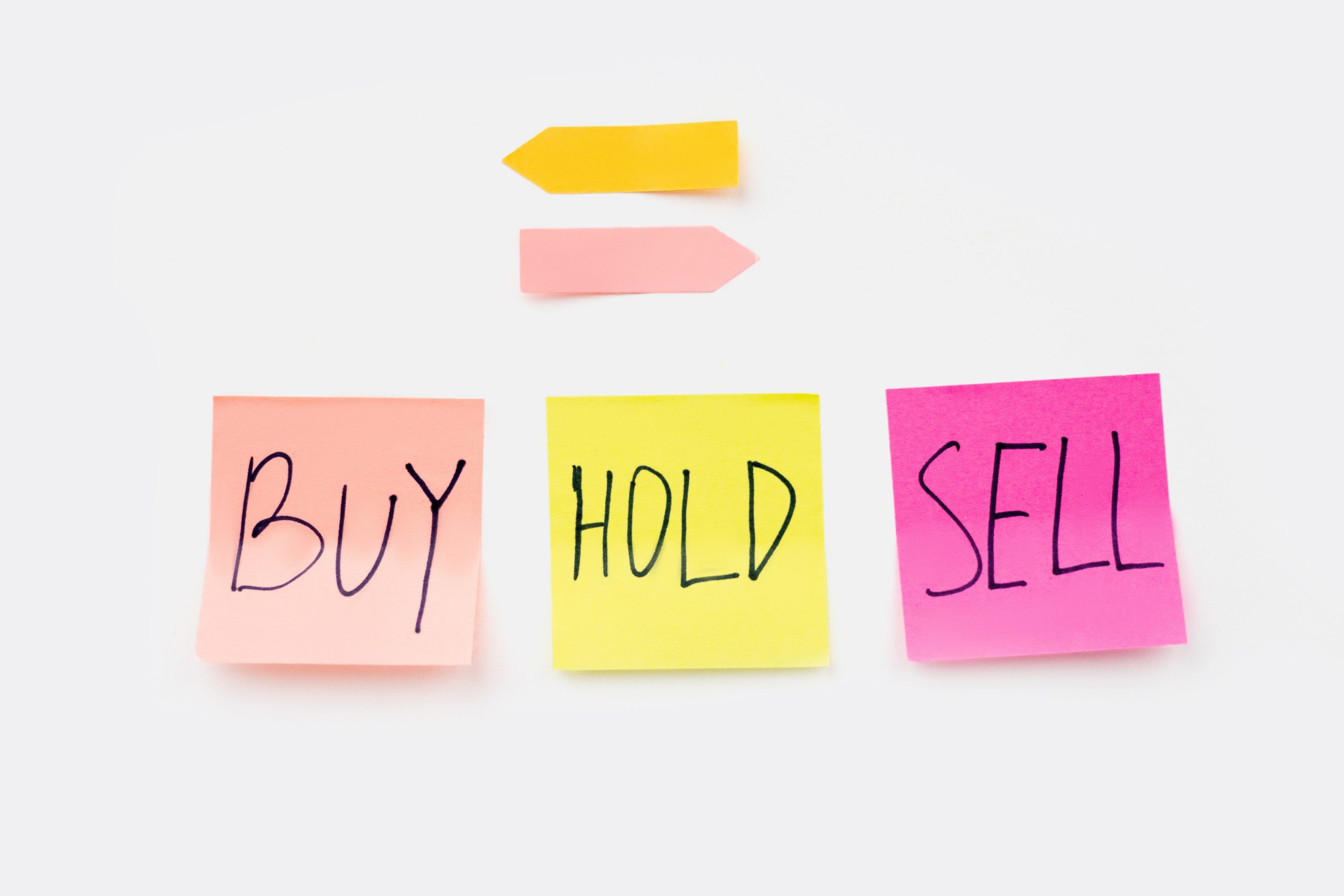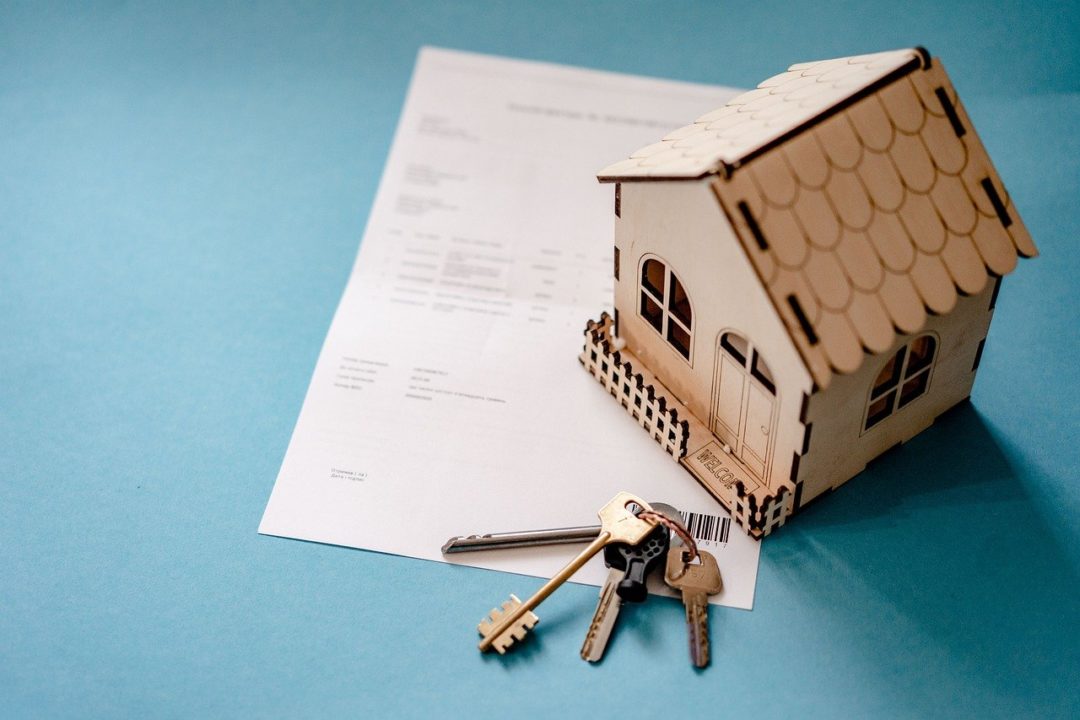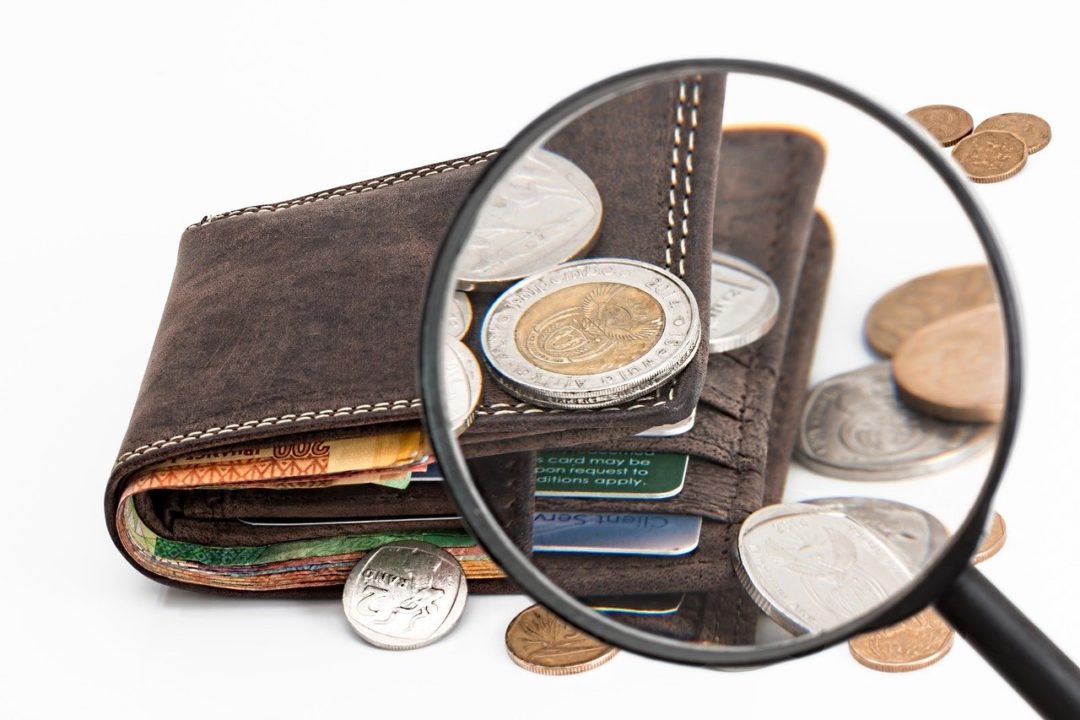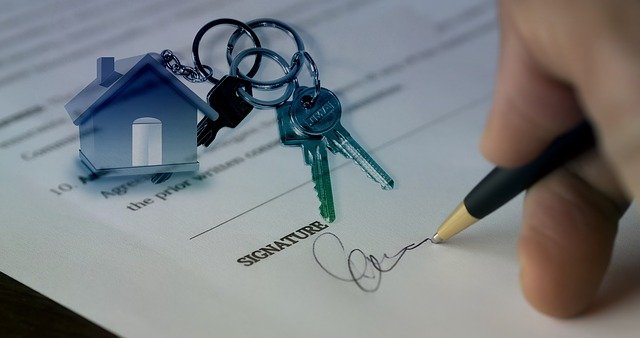What Are Mortgage Note Buyers?
There are numerous companies that focus solely on purchasing mortgage notes from lenders. When someone sells a mortgage note, the payments from the borrower do not increase or decrease in price, but they are sent to the new note owner.
Mortgage note buyers include people and institutions within the secondary mortgage note market. These purchasers provide the owner of a mortgage note with a way to receive a lump sum of cash upfront rather than a stream of payments from a borrower.
What Are Private Mortgage Note Buyers?
Private mortgage note buyers are individuals and entities that purchase promissory notes secured by real estate. Many lenders have a need to sell the loans that they create to private mortgage note buyers as a way to recycle capital and continue lending to the public.
Both traditional and private mortgages include a mortgage note, but traditional mortgage payments are sent to a bank. This differs from private mortgage payments, where the borrower instead pays a private person or institution.
The owner of a private mortgage note can decide to keep the note and receive the monthly payments from the borrower or sell the note to a mortgage note buyer. If the owner of the private mortgage note decides to sell it, the amount of money they will receive varies on a few different factors.
These factors may include:
- Credit score of the borrower
- The property’s worth
- The amount and interest rate of remaining payments
- The length of mortgage term
- The down payment made on the note
Some criteria to look for in a mortgage note buying company include:
Trustworthiness
A trustworthy mortgage note buying company will provide you with a quote without asking you to sign something beforehand. If a company asks you to sign something beforehand, it should act as a red flag that they may not be trustworthy.
Experience
A mortgage note buyer that has more than a few years of experience purchasing mortgage notes will likely be more knowledgeable about the process and pricing than newer companies.
Accreditations
Although not all mortgage buying companies have accreditations, these can be helpful in identifying whether or not they have the necessary expertise in purchasing mortgage notes.
Reliability
A reliable company has accessible contact information and can be contacted easily.
Choosing the Best Mortgage Note Company
Choosing a mortgage note buying company can be easy when you know what to look for. Look for a company that is responsive and can answer all of your questions. If the company you’ve chosen to work with isn’t providing you with enough information, explore other options and shop around to find the best mortgage note buyer for your needs.
Individual investors, businesses and institutions can purchase private mortgage notes. Sellers should explore their options to make sure they are choosing the best company for their situation.
If you decide to work with a note broker, versus a direct note buyer, the first thing you should do is verify that the note broker is licensed and legitimate. Although some states do not require a special license, many states do require these businesses to obtain certified real estate broker licenses.
Why Companies Buy Notes
So, what’s in it for these companies that buy mortgage notes? As with any business, there’s profit to be gained from purchasing and selling private mortgage notes. Note buyers purchase private mortgage notes at a price that will allow them to make their money back — and then some — once the loan term is up or when the property or loan is re-sold. Note buyers, like any real estate investor, are looking for high-yield notes that offer a solid return on investment.
There’s also a low amount of risk in note buying. Real estate has a long-running reputation as a safe investment; plus, its physical property serves as collateral for any deal gone awry. The investor always has the option to sell the property on the open market and make his or her money back — or even more than that.
Understand the process of buying a mortgage note.
Once you are aware of how a mortgage note works, you will need to learn how to buy a mortgage note from the bank. Follow this process below and keep in mind some key tips to be successful.
-
Determine your objective.
Before approaching a bank, you should have a real estate investment plan already in place. First, you need to determine your risk tolerance and whether you plan on flipping or holding onto the mortgage note.
If you are looking for a steady payment stream that provides a high degree of income certainty, then you will likely look for stable and low-risk mortgage notes. If your goal is to make a big splash via a one-time trade and have the necessary risk appetite, you might consider a high-risk note trading at a significant discount.
-
Find a note to buy.
Two major drawbacks of exploring the secondary market for private sellers are the pricing inefficiencies and lack of regulation. These factors often create a seller’s market. Even the most experienced note brokers can spend countless hours searching online sites for attractive deals from private sellers.
This is where banks come in handy. Banks’ lending capacities are often hamstrung by the amount of perceived “bad debt” that they hold on their books. If they want to issue more mortgages, one way to increase capacity is to unload mortgage notes.
However, keep in mind that while a bank views mortgage notes as a risky asset, it does not necessarily mean the borrower has stopped making repayments. The particular risk profile might require such a designation independent of the borrower’s performance. Either way, banks often view selling the debt as an appropriate business decision, and this creates more favorable secondary market opportunities for note purchasers.
-
Review the “tape.”
A mortgage note “tape” is a datasheet that discloses some of the information necessary to evaluate the mortgage note’s investment value. The tape should be one of the first resources used in the decision-making process.
-
Skip customer service if possible.
You can save yourself time (and headaches) if you can position yourself directly in front of the bank’s decision-makers. As is the case with any products or services company, there will be barriers to entry for a new customer.
Not everyone who walks through the door, picks up the phone or submits an online appointment request is that interested in purchasing something. That is why companies have a customer service process in place — to reserve a decision-maker’s time for those looking to conduct real business.
That is the advantage of having a real estate investment plan. The company knows you’re serious, and more importantly, the decision-maker knows you will not be wasting their time.
-
Determine your bid price.
Both bid and offer prices can demonstrate inconsistencies, and the final price is often subjective.
There are objective factors to incorporate into a price calculation. They can include (but are not limited to) the borrower’s credit score, the borrower’s performance, the remaining number of payments, the loan’s interest rate, the loan type and the loan’s final maturity date (when the loan is repaid in full).
Get the rewards of a rental property without the fuss.
Mortgage notes produce a consistent income stream without the daily nuisances of landlord responsibility. It is an ideal way to invest in real estate without a ton of time and effort.
Banks will typically be your most reliable source because they are usually looking to unload inventory. Be sure you know how to buy a mortgage note from the bank, however, before approaching an institution willing to sell.






